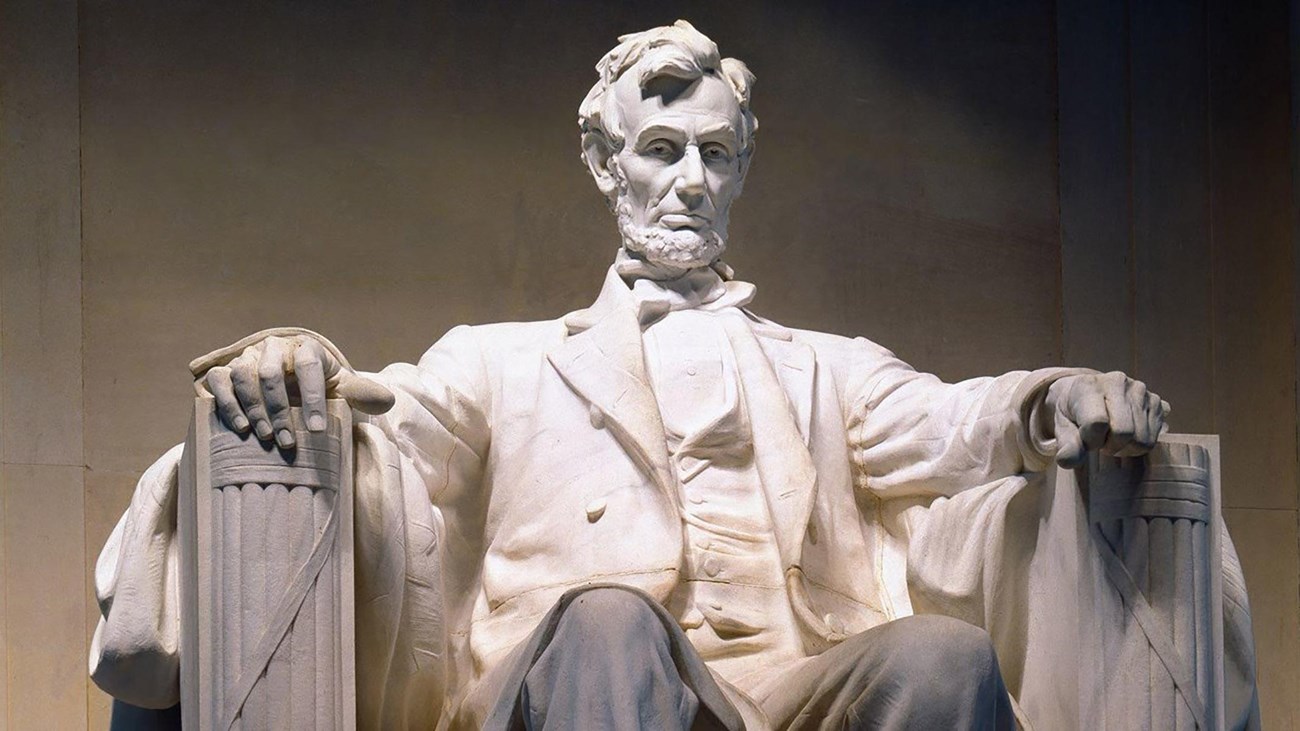Emancipation Proclamation

Think About It
Would former slave owners go to court, say that the Emancipation Proclamation was unlawful, and get their slaves back?
Could a future president undo the proclamation with another proclamation?
Would a future Congress pass a new law that would invalidate the proclamation?
The Emancipation Proclamation
It sounds complicated, but Lincoln knew that the Emancipation Proclamation was only a temporary fix, or a band-aid, for a much deeper and larger problem.
Additionally, there was the issue that not everyone in the Union supported abolishing slavery. Take the Border States, for instance. The Border States didn’t secede from the Union, but slavery still existed within these states, which remained sympathetic to the Confederate cause. Lincoln didn’t want to ruffle any feathers and give the Border States a reason to leave the Union, so they were exempt from the Emancipation Proclamation.


Key Point
While many recognized the gruesome evils of slavery, there were also people throughout America who were prejudiced toward Blacks. Prejudice is a word that means someone thought another person was “less than” because of a certain quality or characteristic, such as skin color, religious beliefs, or gender. Faced with these challenges, abolitionists in the Union recognized that a permanent solution was needed to end slavery in America for good.
